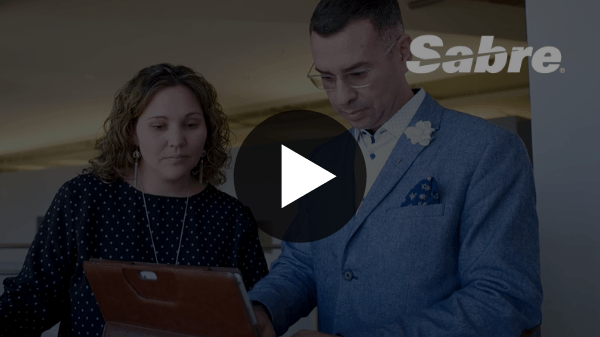Do you need to be a subject-matter expert to be a fantastic trainer? #eLearning
Our guest blogger Ant Pugh is back with another installment from the depths of his specialist eLearning brain. This time he asks the question: do you need to be an SME to be a fantastic trainer?
I used to love playing tennis. I never liked playing cricket. Tennis I could play. Cricket I couldn’t. Maybe it came from my parents who played a lot of squash? Or from my uncle who worked for Dunlop and sneaked me free tennis balls? Who knows – but that cricket ball is sooo heavy. All that equipment too. And unless you were batting or bowling, it’s all pretty boring isn’t it?
Or maybe it’s just that I’ve never enjoyed doing anything I’m not good at? Why play if I’m not going to have a chance of winning? Ah the joys of being a perfectionist…
And so on to training. When I started training 12 years ago, I become obsessed with the concept of learning – and subsequently, how I could become the best teacher! How could I teach someone something that they currently didn’t understand, in the shortest possible timeframe, with the learner enjoying the journey throughout the session? I wanted my students to learn the most and have the best time doing it.
I had spent a long time training subjects that I felt extremely confident with to complete novices and felt that I had mastered several techniques that helped my students learn. But put me into a new environment with new topics that were alien to me – would these learning techniques hold up in when I wasn’t the expert? How much of my ability to train, is actually an ability to train? And how much is down to my knowledge of and passion for the content? Will I just become someone that regurgitates information once I am talking about something I don’t know about? The last thing I want to become is a regurgitator. Is that even a word?? I digress…
So anyway. I was about to play cricket… and even if I didn’t enjoy cricket, I knew that to become the complete trainer, I had to accomplish this challenge. To begin with, it was difficult. My stubborn nature and desire to be the fountain of knowledge led me to try and become an expert in these subjects as quickly as possible. But I quickly learnt that with the time constraints created by a 40-hour work week, a family and a social life, this isn’t possible.
So what next? How can I confidently stand in front of a room of people and teach them about something I have little or no experience in? Well I haven’t found the answer to this. Maybe there isn’t an answer, maybe an expert will always be a better trainer than a novice – but I think I’m getting closer to managing a solution. I guess that for me, the most important aspect is to understand what I don’t need to learn, rather than what I do need to learn. Can I forget about the intricate details, but learn and then teach the key concepts? Can I give the students the resources to find the tiny details themselves, whilst facilitating the learning of the theory?
I think you can. And it all comes down to planning and research. It is vital to scope the content with the SME in advance. Instead of using the preparation time to cram as many of the details into your head as possible, learn the key concepts and theories, and learn where the details I don’t need to learn can be found.
What else do you think can help us become expert educators without being the subject matter expert? Have I missed anything glaringly obvious? And how does this relate to taking our learning online?




